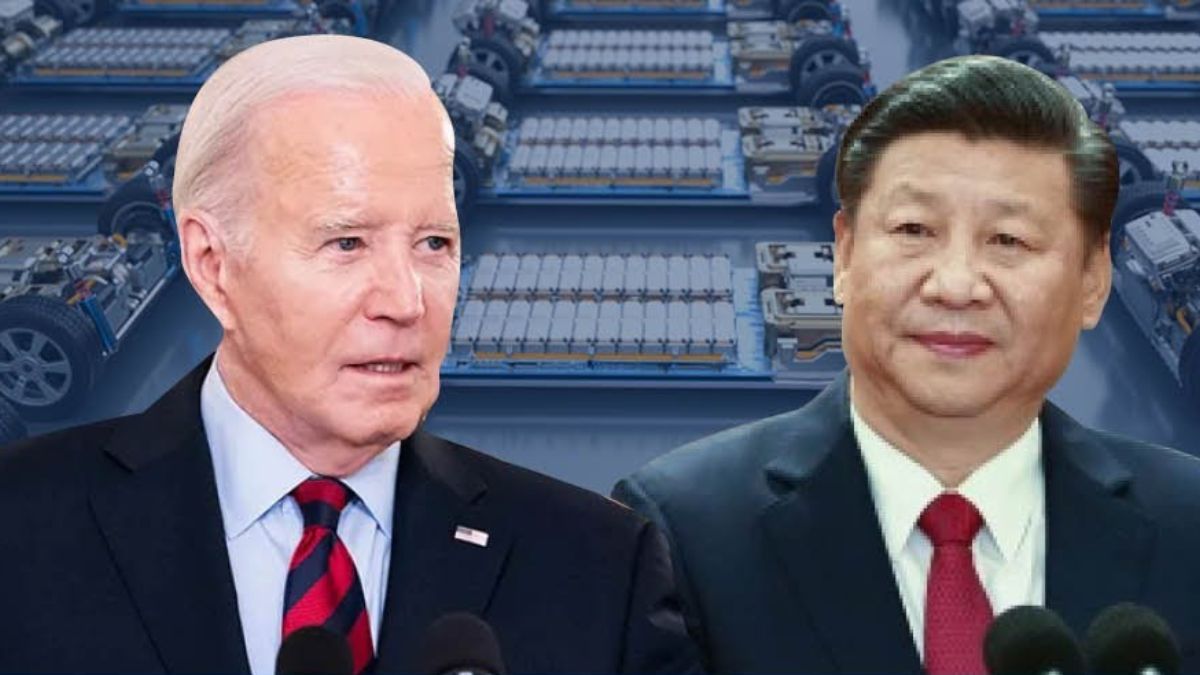US President Joe Biden attended in the Asia-Pacific Economic Cooperation (APEC) summit in Lima on Friday, where he is expected to meet Chinese President Xi Jinping amid uncertainty following Donald Trump’s election victory.
Although Xi was absent from Friday’s opening session, he is scheduled to hold talks with Biden on Saturday. According to a US administration official, this meeting is likely the final encounter between the current leaders of the world’s two largest economies before Trump assumes office in January.
Read Also: China prepares to retaliate against potential trade war with Donald Trump
After Donald Trump first stormed the White House eight years ago, rattled Chinese leaders responded to his tariffs and fiery rhetoric with force, resulting in a trade war that plunged ties between the globe’s largest economies to multiyear lows.
This time around, Beijing has been preparing for Trump’s return by deepening ties with allies, boosting self-reliance in tech, and setting aside money to prop up the economy that is now more vulnerable to fresh tariffs already threatened by Trump.
Summit host President Dina Boluarte of Peru told gathered leaders Friday that multilateral economic cooperation must be bolstered “in a context in which the different challenges we are facing increase levels of uncertainty (for) the immediate future.”
She added: “We need more contribution, collaboration and understanding, and less fragmentation.”
APEC, created in 1989 with the goal of regional trade liberalization, brings together 21 economies that jointly represent about 60 percent of world GDP and more than 40 percent of global commerce.
Impact Shorts
More ShortsThe summit program was to focus on trade and investment for what proponents dubbed inclusive growth. But uncertainty over Trump’s next moves clouds the agenda – as it does for the COP29 climate talks underway in Azerbaijan, and a G20 summit in Rio de Janeiro next week.
‘America First’
The APEC summit is also attended by Japan, South Korea, Chile, Canada, Australia and Indonesia, among others.
Russian President Vladimir Putin was absent.
Trump’s “America First” agenda is based on protectionist trade policies, increased domestic fossil fuel extraction and avoiding foreign conflicts.
It threatens alliances Biden has built on issues ranging from the wars in Ukraine and the Middle East to climate change and trade.
The Republican president-elect has threatened tariffs of up to 60 percent on imports of Chinese goods to even out what he says is an imbalance in bilateral trade.
Beijing is grappling with a prolonged housing crisis and sluggish consumption that can only be made worse by a new trade war with Washington.
But economists say punitive levies would also harm the US economy, and others further afield.
‘Criminals and drugs’
China is an ally of Western pariahs Russia and North Korea, and is building up its own military capacity while ramping up pressure on self-governed Taiwan, which it claims as part of its territory.
It is also expanding its reach into Latin America through infrastructure and other projects under its Belt and Road Initiative.
Xi on Thursday inaugurated South America’s first Chinese-funded port, in Chancay, north of Lima, even as a senior US official warned Latin American countries to be vigilant when it comes to Chinese investment.
The Chinese president is set to meet his Chilean counterpart Gabriel Boric Friday, while Biden will meet Japanese Prime Minister Shigeru Ishiba and South Korean President Yoon Suk Yeol – key US allies in Asia.
Blinken is scheduled to address an APEC CEOs meeting being held on the sidelines of the summit.
With inputs from agencies.


)

)
)
)
)
)
)
)
)



